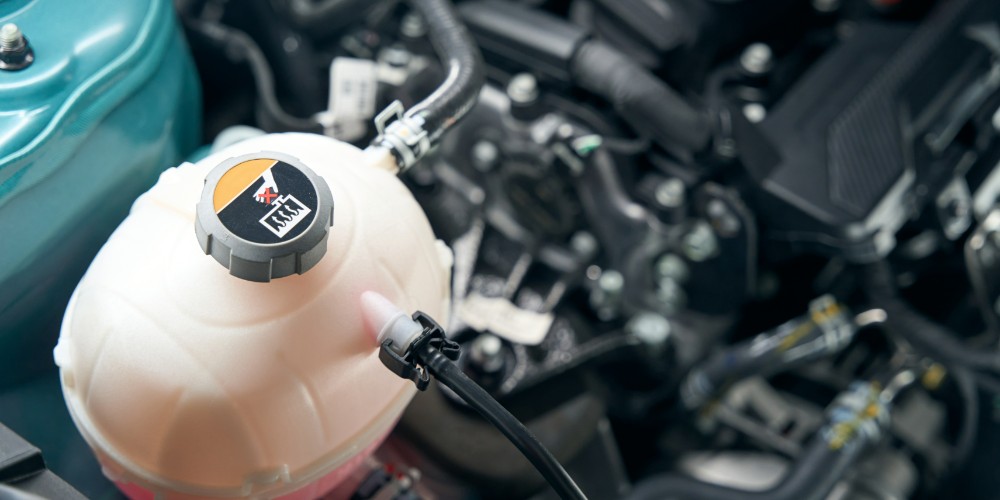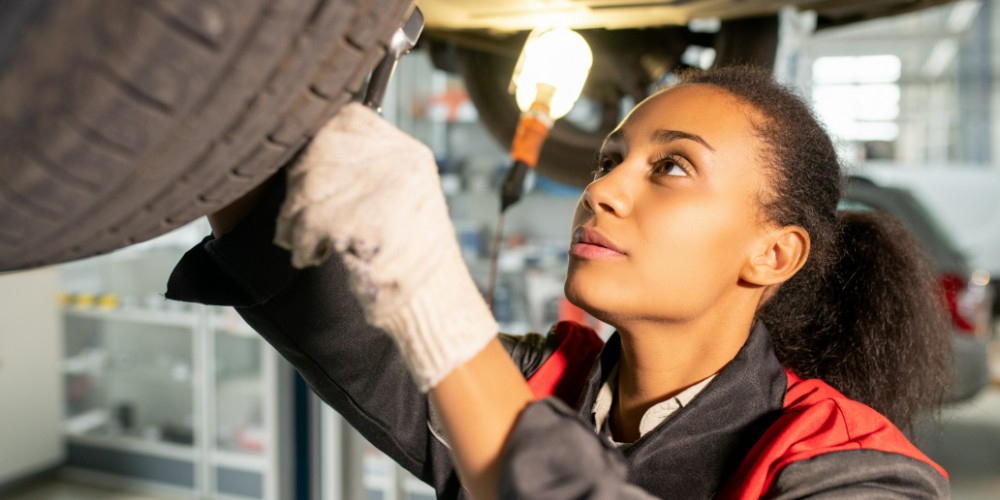Purchasing a new car is an exciting prospect for many, but it can become complicated if you have outstanding finance on your current vehicle. This scenario is quite common in the UK, where cars are often bought using finance options like Hire Purchase (HP), Personal Contract Purchase (PCP), or a personal loan.
Understanding your finance agreement
Before considering a new car purchase, it’s crucial to understand the type of finance agreement you currently have. This understanding will dictate your options moving forward. Hire Purchase agreements mean you’re paying off the car’s value in instalments and will own it outright at the end of the term. Personal Contract Purchase also involves instalments, but you have the option to return the vehicle, keep it by paying a balloon payment, or part-exchange it for a new car at the end of the agreement. If you’ve taken a personal loan, the car is yours from the start, but you owe the loan amount to the lender.

Checking your settlement figure
Your first step should be to contact your finance company and ask for a settlement figure. This figure represents the amount you need to pay to clear your finances early. It’s a crucial figure, as it will impact your ability to move on to a new vehicle.
Trading in your car with outstanding finance
Trading in a car that still has outstanding finance is a common practice in the UK. However, it requires careful navigation of financial and legal considerations. When you trade in a car on finance, the dealership will usually handle the process of settling your existing finance agreement. This is done by paying off the settlement figure to your current finance company, allowing you to start a new finance agreement for your new car. Here are the steps involved:
1. Obtain your settlement figure: Contact your finance company to get the current settlement figure, which is the amount needed to pay off your finances early.
2. Get your car valued: Have your car valued by the dealership where you’re looking to purchase your new vehicle. This will determine whether you’re in positive or negative equity.
3. Deal with equity:
- If your car is valued more than the settlement figure, you have positive equity. This amount can be used towards the deposit on your new car.
- If your car is valued less than the settlement figure, you’re in negative equity and will need to pay the difference.
4. Complete the trade-in: The dealership will pay off your outstanding finance as part of the trade-in process. Any equity position will be adjusted in your new finance agreement.
It’s important to ensure the figures add up and that you are not putting yourself in a financially worse position by trading in your car with outstanding finance.

Getting a new finance agreement
Securing a new finance agreement while you have outstanding finance on another vehicle is entirely possible but comes with its own set of challenges and considerations:
1. Credit score: Your credit score plays a significant role in your ability to secure a new finance agreement. Lenders will look at your credit history, your current debts, including your existing car finance, and your ability to repay the new loan.
2. Affordability checks: Lenders will conduct affordability checks to ensure you can manage the new monthly payments along with your existing financial obligations.
3. Choosing the right finance option: It’s essential to choose the finance option that best suits your needs and financial situation. Whether it’s HP, PCP, or a personal loan, each has its advantages and implications.
4. Interest rates: Shop around for the best interest rates. Different lenders offer different rates, and finding the best deal can significantly impact your monthly payments and the total cost of the loan.
Being transparent with lenders about your existing finances and carefully considering your options can help you secure a new finance agreement that meets your needs.

Alternatives to part-exchange
If part-exchanging your car with outstanding finance doesn’t seem like the right move for you, there are alternatives you can consider:
1. Private sale: Selling your car privately may allow you to get a better price than what you’d receive from a part exchange. However, you must settle the outstanding finances before you can legally sell the car. This often involves paying off the settlement figure and ensuring the finance agreement is closed.
2. Voluntary termination: If you have a PCP or HP agreement, you might be eligible for voluntary termination. This option allows you to return the vehicle to the finance company if you’ve paid at least 50% of the total finance amount, including any fees and interest. It’s a legal right under the Consumer Credit Act but will end your agreement and leave you without the vehicle.
3. Refinancing: Another option could be to refinance the outstanding balance on your car. This might be beneficial if you can secure a lower interest rate or better terms, reducing your monthly payments or the overall amount payable.
Each of these alternatives has its own set of advantages and disadvantages, and the best choice will depend on your personal circumstances, financial situation, and the terms of your current finance agreement.

Steps to take before getting a new car
1. Check your settlement figure: Know exactly how much it will cost to settle your current finances.
2. Evaluate your car’s value: Understand whether you’re in positive or negative equity.
3. Consider your financial situation: Assess your ability to take on a new finance agreement.
4. Explore your options: Look into part-exchange, private sale, or voluntary termination based on your circumstances.
5. Shop around for finance deals: Don’t settle for the first offer; compare rates from different lenders.
The winding road to a new vehicle
Embarking on the journey to get a new car while dealing with outstanding finances requires careful planning and consideration. By understanding your current finance agreement, assessing your financial situation, and exploring all available options, you can make an informed decision that suits your needs and budget.
Navigating the complexities of car finance while aspiring for a new vehicle can indeed be challenging. However, with the right knowledge and a strategic approach, achieving this goal is entirely feasible. Remember, the key is in the details—understanding your financial standing, the value of your current vehicle, and the intricacies of car finance agreements can illuminate the path to your new car.
🚗 You might like this guide: Can you trade your financed car for a new one?





